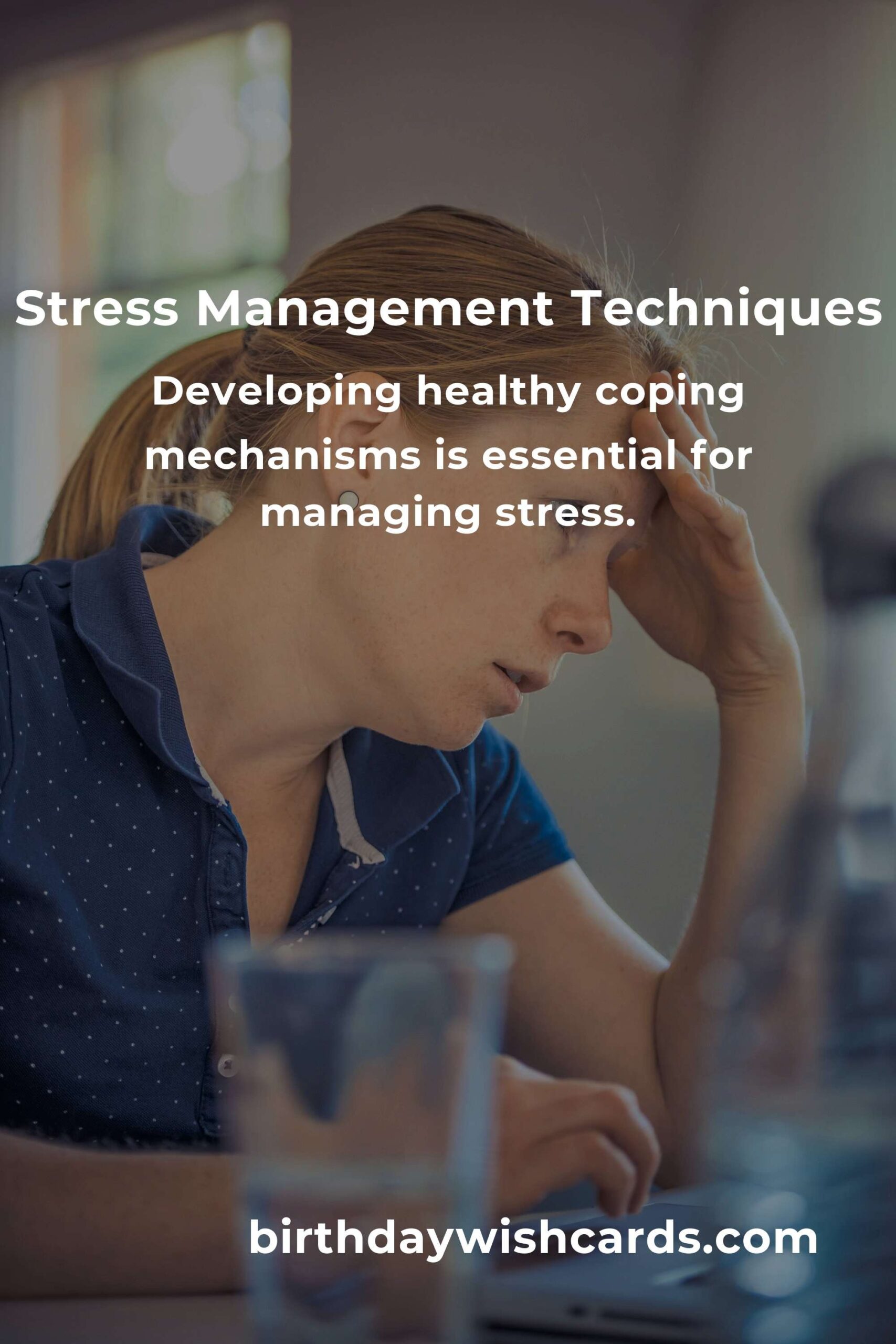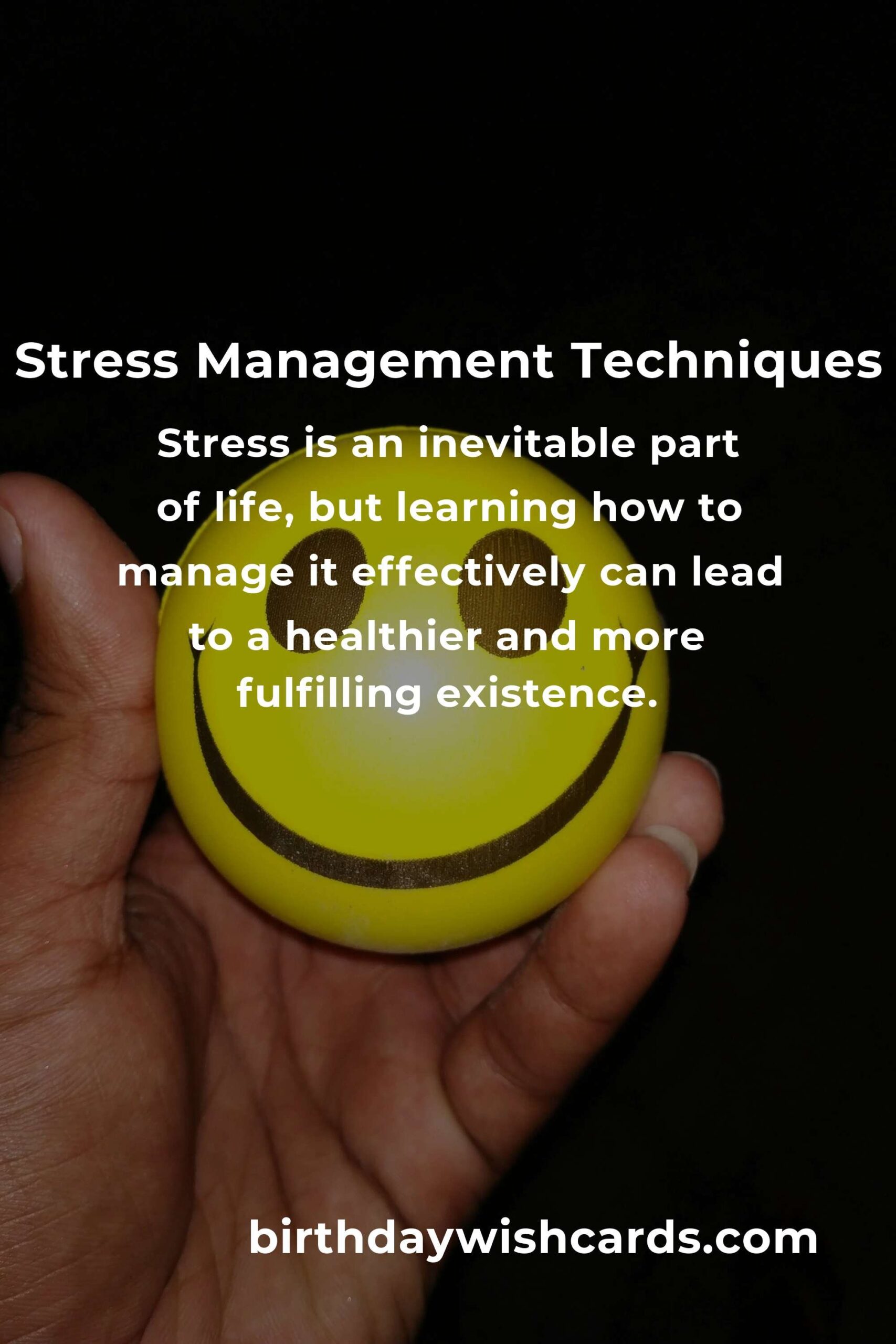
Stress is an inevitable part of life, but learning how to manage it effectively can lead to a healthier and more fulfilling existence. In this article, we will explore various stress management secrets that can help you maintain balance and enjoy life more fully.
Understanding Stress and Its Impact
Before diving into management techniques, it is crucial to understand what stress is and how it affects our lives. Stress is the body’s response to any demand or threat, whether real or perceived. It can trigger the ‘fight or flight’ response, releasing hormones like adrenaline and cortisol.
While short-term stress can be beneficial, chronic stress can lead to serious health issues, including heart disease, depression, and anxiety. Recognizing the signs of stress is the first step in managing it effectively.
Identify Your Stress Triggers
One of the most effective ways to manage stress is to identify what triggers it. Common triggers include work pressure, financial concerns, relationship issues, and major life changes. Keeping a stress journal can help you pinpoint patterns and identify situations or people that cause stress.
Develop Healthy Coping Mechanisms
Once you identify your stress triggers, developing healthy coping mechanisms is essential. Here are some strategies:
- Exercise Regularly: Physical activity releases endorphins, which are natural mood lifters. Aim for at least 30 minutes of exercise most days of the week.
- Practice Mindfulness: Techniques such as meditation, yoga, and deep breathing can help calm the mind and reduce stress.
- Maintain a Healthy Diet: Eating a balanced diet rich in fruits, vegetables, lean proteins, and whole grains can help your body cope better with stress.
- Get Adequate Sleep: Quality sleep is crucial for stress management. Try to establish a regular sleep routine and aim for 7-9 hours per night.
Build a Support Network
Having a strong support network is essential for managing stress. Surround yourself with friends and family who can offer emotional support and practical assistance. Don’t be afraid to ask for help when you need it.
Time Management and Prioritization
Feeling overwhelmed is a common source of stress. Improve your time management skills by prioritizing tasks and breaking them into manageable steps. Use tools like planners or digital apps to keep track of your responsibilities and deadlines.
Learn to Say No
Taking on too much can lead to burnout. Learn to say no to additional responsibilities that you cannot handle comfortably. Setting boundaries is key to maintaining a healthy work-life balance.
Seek Professional Help
If stress becomes unmanageable, seeking professional help can be beneficial. Therapists and counselors can provide guidance and support in developing effective stress management strategies.
Conclusion
Managing stress is a continuous process that requires effort and dedication. By understanding stress, identifying triggers, and developing coping mechanisms, you can lead a healthier and more balanced life. Remember, it’s essential to prioritize self-care and seek support when needed.
Stress is an inevitable part of life, but learning how to manage it effectively can lead to a healthier and more fulfilling existence. Recognizing the signs of stress is the first step in managing it effectively. Developing healthy coping mechanisms is essential for managing stress. Having a strong support network is essential for managing stress. Managing stress is a continuous process that requires effort and dedication.
#StressManagement #HealthyLiving #Mindfulness #CopingStrategies












